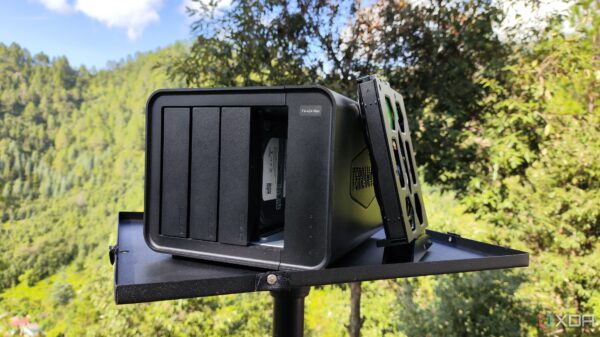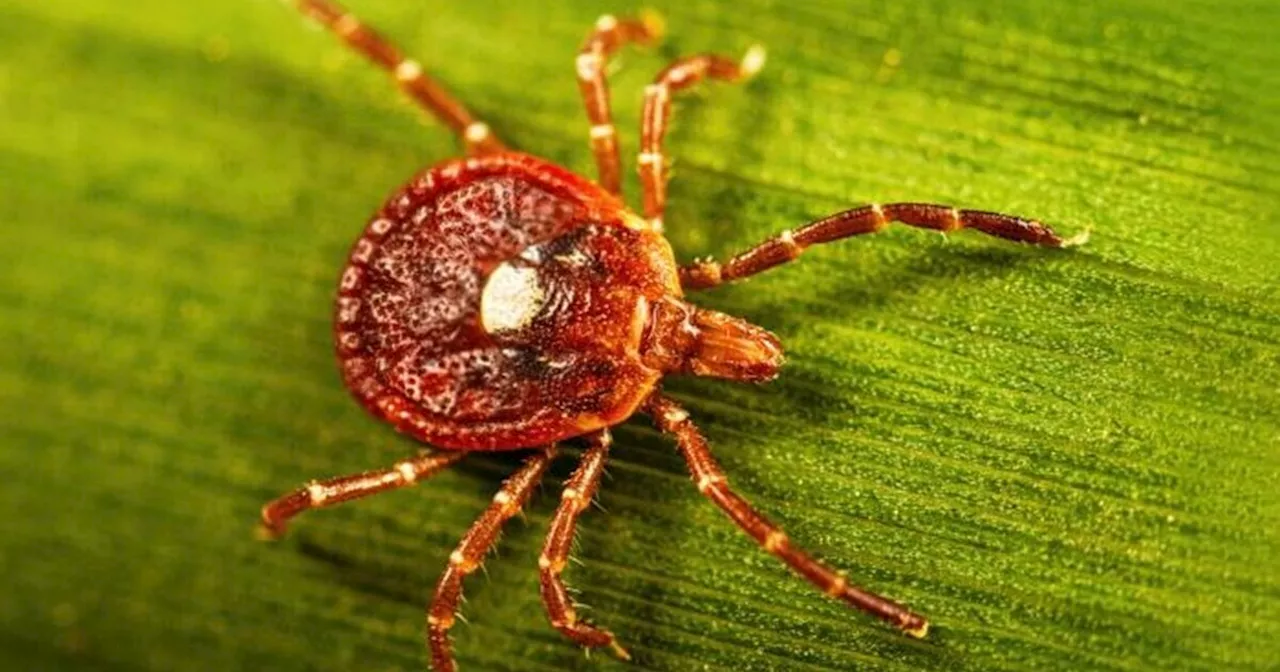Researchers have reported the first documented death attributed to alpha-gal syndrome, a severe allergic reaction to red meat linked to bites from lone star ticks. The case involves a 47-year-old pilot from New Jersey who died after consuming a hamburger. This incident highlights the serious implications of the allergy and growing concerns regarding tick-borne illnesses.
The findings, detailed in a report by researchers at the University of Virginia School of Medicine, reveal that the pilot fell ill approximately four hours after attending a barbecue in 2024. His son found him unconscious in a bathroom, surrounded by vomit. Despite immediate medical intervention, he was pronounced dead upon arrival at the hospital. An autopsy later attributed his death to a sudden, unexplained event, emphasizing the unexpected severity of alpha-gal syndrome.
The pilot’s wife shared that he had previously experienced symptoms after eating red meat, including abdominal discomfort, nausea, and vomiting. Initially, these episodes were misidentified as food poisoning, which complicated recognition and diagnosis of the condition. These recurring symptoms, coupled with the tragic outcome, underscore the urgent need for increased awareness of alpha-gal syndrome, its symptoms, and potential health risks.
Before the fatal incident, the pilot had reported similar reactions after consuming steak, yet he and his wife did not seek medical assistance. A blood sample taken after his death indicated an allergic reaction, revealing that he had sustained multiple bites from lone star ticks. These ticks, often misidentified as chigger bites, are the primary vectors for transmitting alpha-gal syndrome. The pilot’s body developed an immune response to alpha-gal, a sugar molecule present in mammalian meat, which culminated in a life-threatening allergic reaction following his hamburger consumption.
Experts are increasingly concerned about the role of lone star ticks in the spread of alpha-gal syndrome. The Centers for Disease Control and Prevention (CDC) has reported a significant rise in identified cases, estimating that as many as 450,000 people in the United States may be affected, a number that far surpasses confirmed cases. The condition is often delayed in diagnosis due to a lack of awareness among both healthcare providers and patients.
Alpha-gal syndrome, also referred to as red meat allergy, is characterized by an allergic response to the sugar molecule alpha-gal. The CDC’s findings indicate that the prevalence of this syndrome is likely underestimated, emphasizing the necessity for heightened awareness and proactive diagnostic approaches. The American Gastroenterological Association recommends testing for alpha-gal syndrome in individuals who present with unexplained gastrointestinal symptoms, such as diarrhea and nausea.
The increasing presence of lone star ticks, which are primarily found in the United States, raises public health concerns. Factors such as rising temperatures and habitat changes are believed to contribute to their northward migration, further exposing wider populations to the risk of infection. Experts advocate for preventative measures such as using insect repellent, wearing protective clothing, and avoiding tick-infested areas. Prompt tick removal is crucial; saving the tick allows for species identification and testing for diseases, which can minimize health risks.
Currently, there is no vaccine for alpha-gal syndrome. Management primarily involves dietary changes, particularly the elimination of red meat. The tragic death of the pilot serves as a critical reminder of the potential severity of this allergy and the importance of early detection and management.
The report calls for enhanced public awareness regarding alpha-gal syndrome, promoting early diagnosis, and educating healthcare professionals about the condition’s symptoms and treatment options. The ongoing increase in cases and the geographic spread of the ticks that transmit the allergy underscore the urgency of addressing this emerging public health issue.



































































